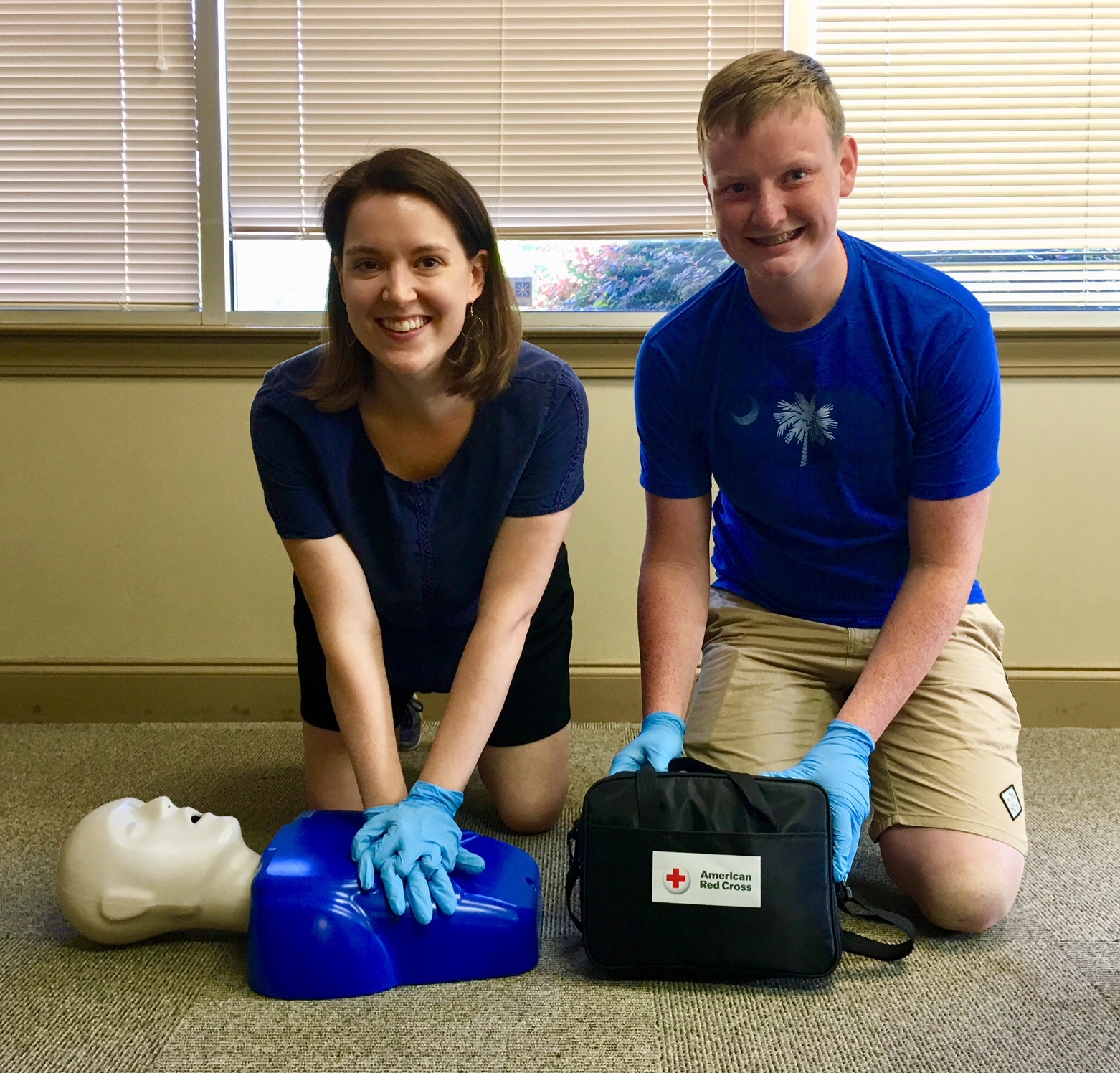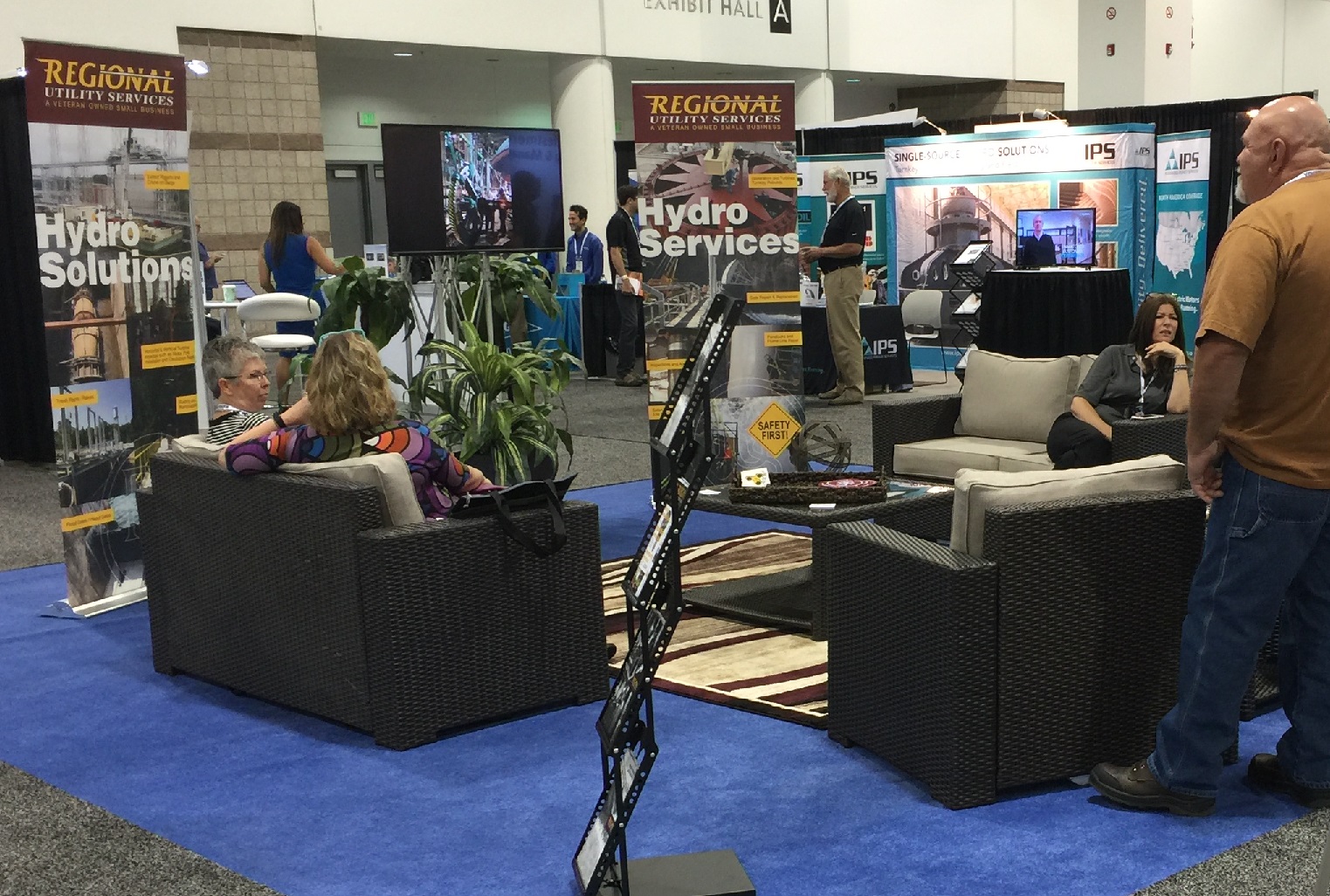Do it without thinking.
 From our Safety Manager, Susan Dunlap.
From our Safety Manager, Susan Dunlap.
I received this text at 4:11 am on Sunday morning: “Thank you for teaching me.”
Usually a middle-of-the-night text means bad news. But this story has a happy ending. The RUS supervisor who texted me was referring to a Red Cross CPR/First Aid class that he took at our home office on December 26, 2018. On Saturday, January 11, he used what he had learned to perform CPR on his 21-year-old nephew.
“He didn’t have a pulse,” the supervisor wrote to me. “I drug him out of the chair and started compressions and blowing air in him. I didn’t count or anything. I just did it without thinking.”
Thanks to the employee’s quick response, his nephew’s pulse resumed before emergency personnel arrived on the scene. “I was going to stay up here this weekend (on the job site),” the supervisor said. “But I think God sent me home instead.”
To this employee, I want to express my sincerest appreciation:
- Thank you for paying attention in CPR class.
- Thank you for remembering what you learned.
- Thank you for taking action in an extremely stressful situation.
This simple text sums up why I love my job. Let us all take the skills we learn in workplace safety training home to our families, each and every day. We want to be ready when our loved ones need us the most. And in the words of the RUS supervisor, do it without thinking.

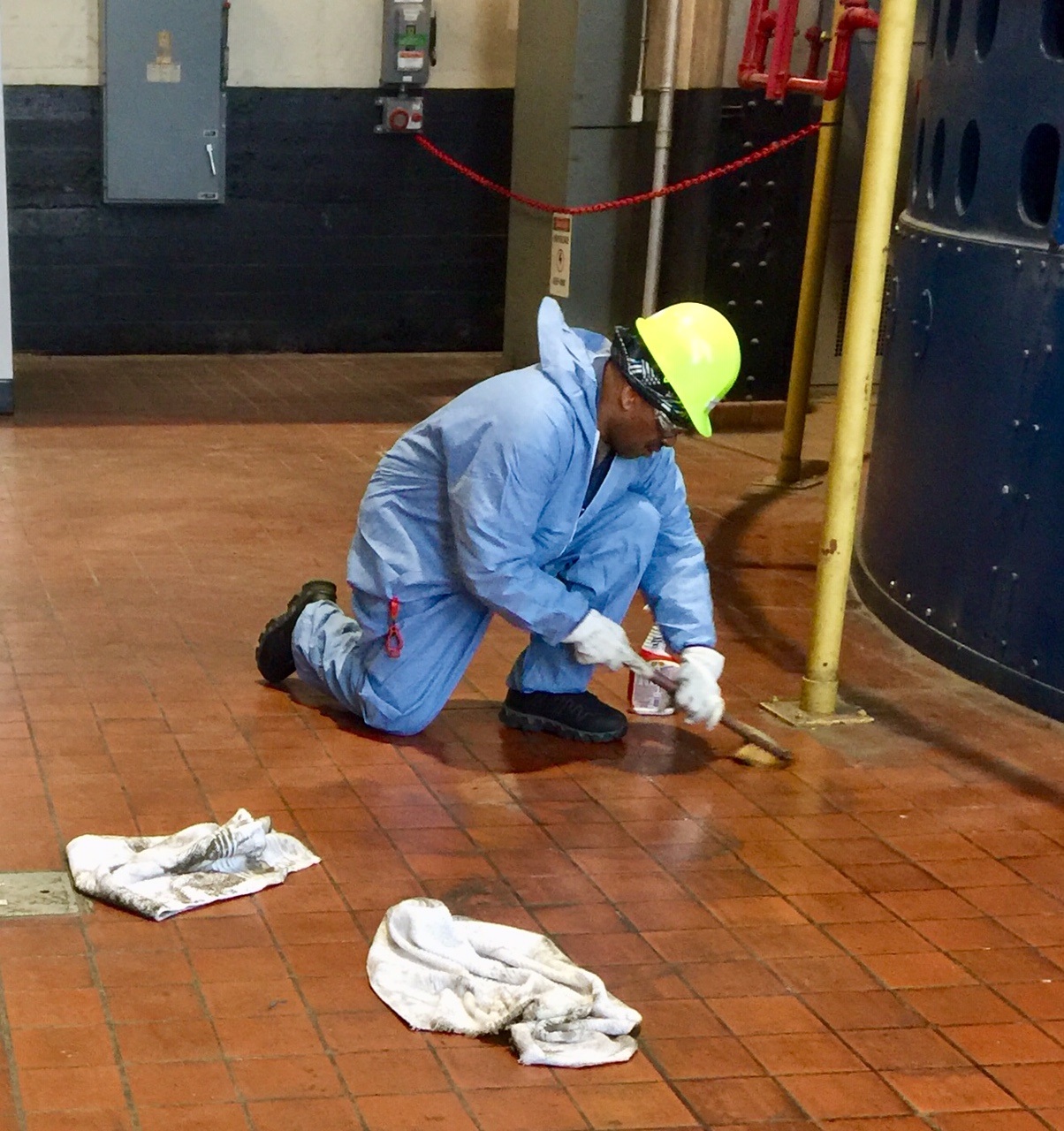
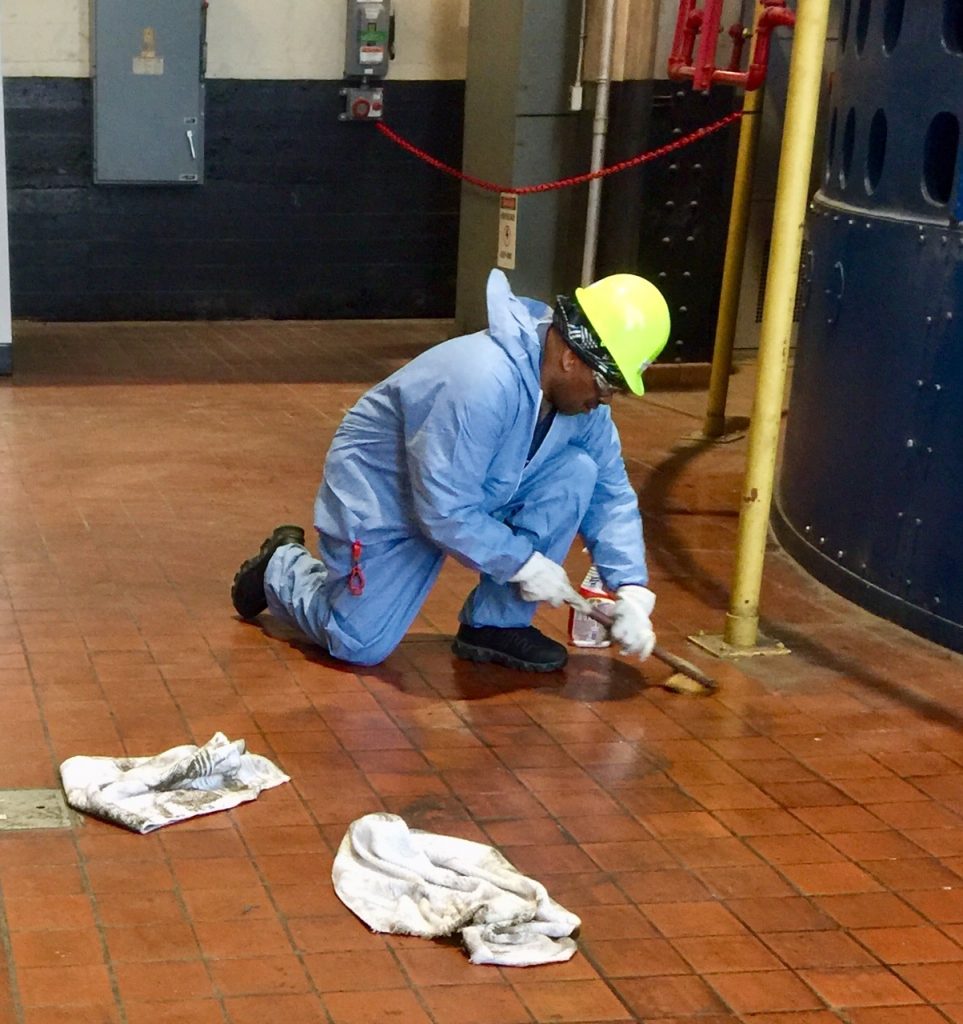
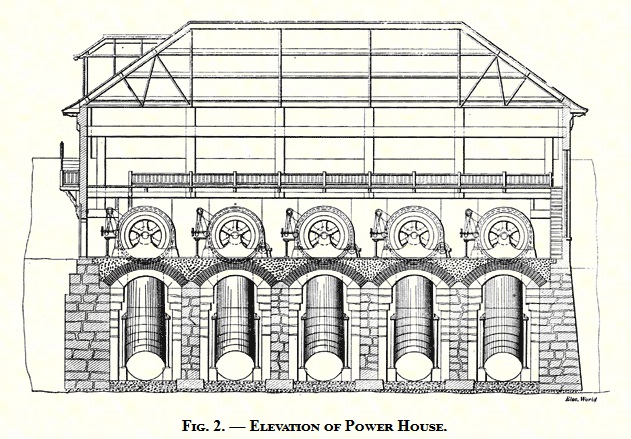
 Hydropower was the first large-scale renewable energy source used in the US. Many of the hydro sites where RUS works today are well over 100 years old. While we all count on the reliability of hydropower, it is easy to forget how revolutionary the idea was in 1895 to transmit generated hydropower over cable lines to homes and businesses.
Hydropower was the first large-scale renewable energy source used in the US. Many of the hydro sites where RUS works today are well over 100 years old. While we all count on the reliability of hydropower, it is easy to forget how revolutionary the idea was in 1895 to transmit generated hydropower over cable lines to homes and businesses.